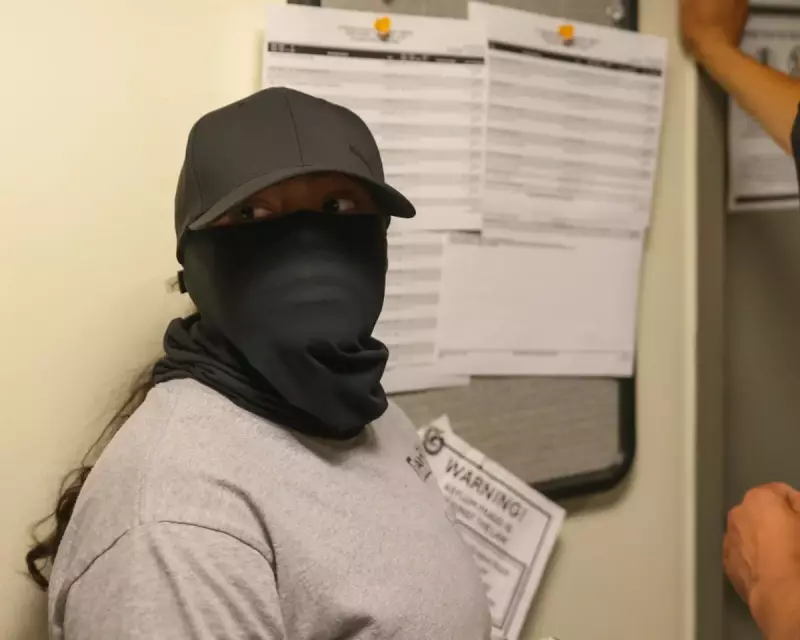
In a move that has ignited fierce debate across the United States, California Governor Gavin Newsom has enacted sweeping new legislation that dramatically alters the landscape of public health enforcement. The controversial law, signed into effect this week, empowers police officers across the state to enforce bans on mask-wearing in nearly all public spaces.
New Enforcement Powers for Law Enforcement
The legislation specifically grants law enforcement officials the authority to approach individuals wearing masks in public settings and request their removal for identification purposes. This represents a significant shift in policing powers and has immediately drawn criticism from civil liberties groups who argue it disproportionately targets vulnerable communities.
Under the new regulations, exemptions remain in place for medical professionals, those with specific health conditions requiring facial coverings, and participants in authorised protests and demonstrations. However, the broad application of the law has raised concerns about potential overreach.
Balancing Security and Civil Liberties
Proponents of the legislation, including Governor Newsom, argue that the measures are necessary to enhance public safety and security. They contend that the ability to conceal one's identity in public spaces presents significant challenges for law enforcement and creates potential security risks.
"This isn't about restricting personal freedoms," a spokesperson for the Governor's office stated. "It's about ensuring that our public spaces remain safe and secure for all Californians. The ability to identify individuals when necessary is fundamental to effective policing and public safety."
Civil Rights Organisations Voice Strong Opposition
Civil liberties groups have responded with vehement opposition, labelling the legislation as a dangerous infringement on personal freedoms and privacy rights. The American Civil Liberties Union (ACLU) has condemned the move, warning that it could lead to racial profiling and discriminatory enforcement practices.
"This law creates a dangerous precedent and provides law enforcement with overly broad discretion to target individuals based on subjective judgments," an ACLU representative commented. "We've seen throughout history how such powers can be misapplied, particularly against marginalised communities and peaceful protesters."
Political Implications and National Reaction
The legislation has sparked intense political debate beyond California's borders, with commentators noting potential implications for other states considering similar measures. The move comes amid ongoing national conversations about policing reforms, personal freedoms, and public security measures.
Legal experts suggest that the law will likely face immediate challenges in court, with several civil rights organisations already preparing legal action to block its implementation. The outcome of these challenges could set important precedents for how states balance public security concerns with individual civil liberties.
As California implements this controversial legislation, all eyes will be on how law enforcement agencies apply these new powers and whether the promised benefits to public safety materialise without compromising fundamental rights and freedoms.






